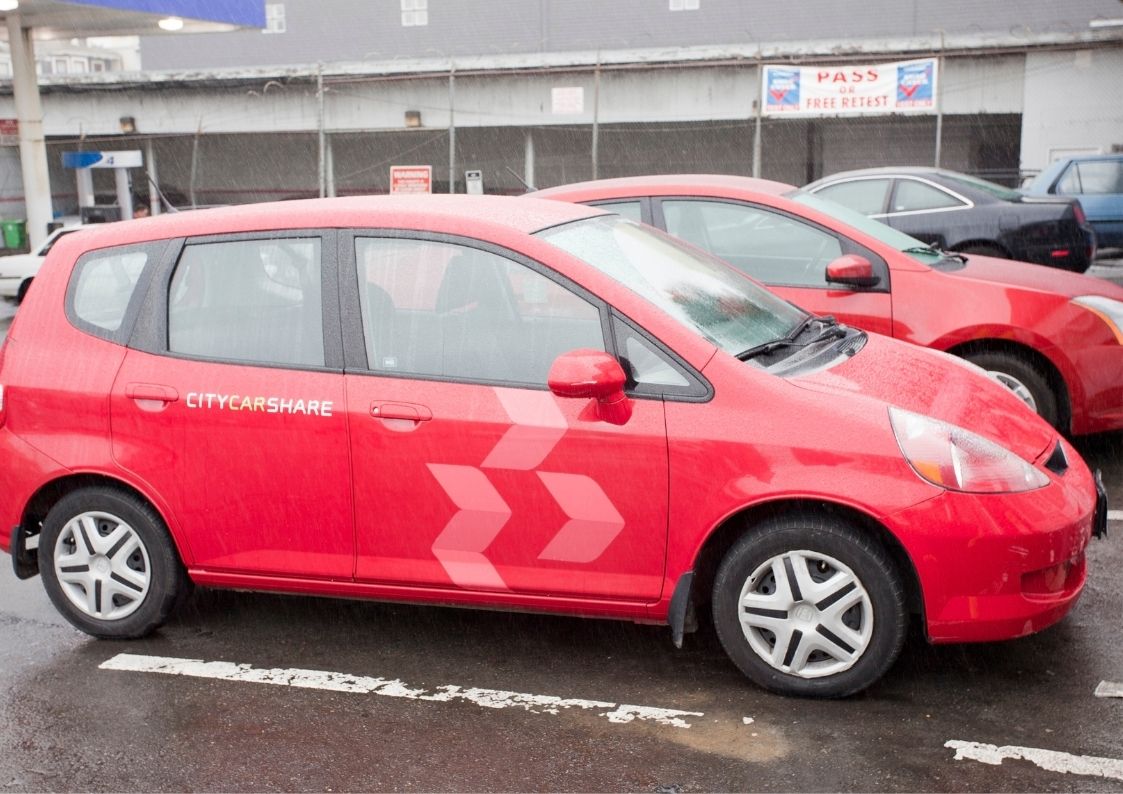Considering how it is only a matter of decades ago that most people had never been inside a car, it’s absolutely astounding how many people take to the roads worldwide. Driving really has been one of the most beneficial activities picked up by the masses in modern history. There are endless benefits towards being able to drive, the most notable being a wonderful freedom of movement for the driver and their passengers. What’s more? The negative environmental impacts of driving on the planet are slowly being reduced, with scientists and engineers working together to develop increasingly eco friendly vehicles. So, if you’re considering taking to the roads, what’s stopping you? Well, with the great freedom allowed by driving comes a substantial financial cost. Many believe that driving is outside of their financial budget, as not only do they have to invest a large amount in their original outlay for a vehicle, but they then have to maintain it. This includes repair work, road tax, insurance policy payments and fuel. So, if you’re deciding whether to become a vehicle owner or not, here are a few ways that purchasing a car can affect your personal finances. Hopefully this will be able to help you come to an informed decision.
Insurance Policies
Every driver needs to be covered by an insurance policy. So, it is important not only that you get the best policy available for your needs, but also that you get it for the best price possible. Make use of price comparison sites to find the best option available for your budget. Remember that your insurance policy will have a premium. If this premium is high, it may be more beneficial to purchase your own spare parts from a reliable source such as PartsEngine and take your vehicle to a qualified and highly recommended mechanic. This will be cheaper than forking out the insurance premium and will also allow you to hold onto the benefits of having no claims on your vehicle.
Paying Outright Versus Car Finance
People generally opt for one of two ways of obtaining a vehicle: either buying one outright or taking up a car finance agreement. The first, of course, requires a bulk amount of cash. This is perhaps why most people paying for a car outright are investing in a used, second hand motor. The second option is the way in which most people get a brand new vehicle. Car finance schemes are a great way of getting the vehicle of your dreams in perfect condition. However, it is important to remember that if you do not keep up with repayments you can be charged and fined. If you continue to miss payments, your vehicle may even be repossessed. This will leave you without a car and in receipt of a bad mark on your credit history. A reduced credit score could prevent other lenders from offering you money in the future. So, if you are considering car finance as an option, it’s important that you accurately weigh up whether you will be able keep up with repayments over the term of the contract. Bear in mind the stability of your income, as even if you experience a reduction in work and income, you will still be liable to make the same payments.
Remember, there is no need to rush when making the decision of buying a car or sticking to public transport. It is a huge investment and you need to allow yourself sufficient time to mull over the best options for you.




